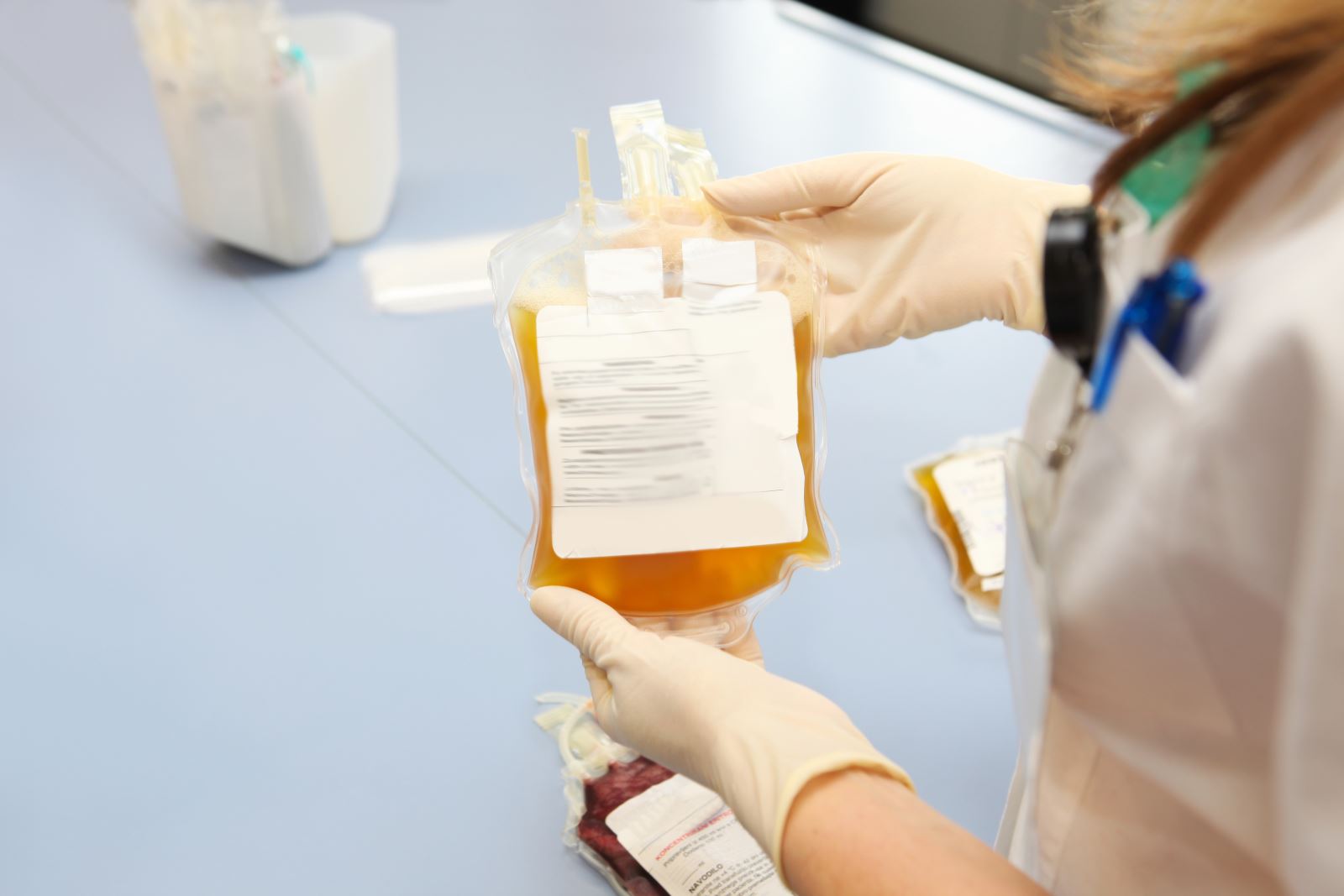
At CHoR and VCU Health, we're finding new ways to fight the battle against COVID-19.
People who have overcome COVID-19 can now help those currently fighting severe cases of the disease with a new treatment at VCU Medical Center.
Individuals who have fought COVID-19 and recovered have likely built up antibodies. When their convalescent plasma (liquid portion of the blood coming from someone who has recovered from an infection) is provided to current patients, these antibodies can help attack the virus and boost the immune system.
Donating plasma is a relatively simple process, similar to donating blood. This is an exciting step as doctors and scientists continue to research an effective drug treatment.
Read the official announcement:
VCU Medical Center has been approved under Mayo Clinic’s Expanded Access Program to administer antibody-rich convalescent plasma for the treatment of COVID-19. There is currently no drug treatment for COVID-19. The hospital is preparing to administer convalescent plasma to a COVID-19-positive patient for the first time this week.
 “If you have had COVID-19 and recovered, your blood likely contains immune components called antibodies that target the COVID-19 virus,” said Jeffrey Donowitz, M.D., infectious diseases specialist at Children’s Hospital of Richmond at VCU. “These antibodies may be able to help treat patients with severe cases of COVID-19.”
“If you have had COVID-19 and recovered, your blood likely contains immune components called antibodies that target the COVID-19 virus,” said Jeffrey Donowitz, M.D., infectious diseases specialist at Children’s Hospital of Richmond at VCU. “These antibodies may be able to help treat patients with severe cases of COVID-19.”
Patients are transfused with the donor’s plasma in hopes that it will help the patient’s own immune system attack the virus and help the patient recover faster. The targeted antibodies could help boost the immune system of someone fighting COVID-19 until their body can produce antibodies on its own, according to Donowitz.
The use of convalescent plasma is not a new treatment therapy. It was used during the 1918 flu pandemic, to treat measles in the 1930s and recently to treat Ebola, SARS and H1N1, also known as swine influenza.
“If convalescent plasma proves to be effective in patients with COVID-19, it could be used to prevent disease in exposed persons, shorten the severity of illness, reduce serious complications and even prevent death,” said epidemiologist Gonzalo Bearman, M.D., director of VCU Health’s Infection Prevention Program. “One of the most meaningful ways an academic health system like ours can provide care to our community during COVID-19 is by making innovations available to our patients, from clinical trials to evidence-based treatment options.”
VCU Medical Center needs the community’s support to provide the treatment.
“We can’t provide this potentially life-saving treatment to those in need without our community’s help,” said Donowitz. “Donating plasma is a safe and selfless way to give back for the greater good of our community. You could save a life.”
For the time being, it is important that both hospitals and blood banks keep lists of potential donors. VCU Medical Center is asking those who have recovered from COVID-19 to join a confidential COVID-19 registry to donate plasma. By joining VCU Medical Center’s registry, the hospital may contact registrants for blood donations, but joining the registry does not require you to donate or participate in any program. Registrants can request to be removed at any time.
Donating plasma is similar to the process for donating blood. The plasma donor must have recovered from and tested negative for COVID-19 or have been asymptomatic for 28 days, and must otherwise be healthy. The American Red Cross will screen and collect plasma from potential donors. Donor plasma goes through rigorous testing similar to all blood donations before it is administered to a patient in need.
